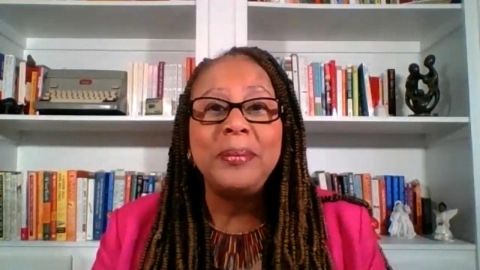
The Washington Post Columnist Michelle Singletary Gets Personal About Race and Finance
The Washington Post columnist Michelle Singletary gets personal about race and finance in “Sincerely Michelle,” her latest 10-part series of essays.

The Washington Post columnist Michelle Singletary gets personal about race and finance in “Sincerely Michelle,” her latest 10-part series of essays.
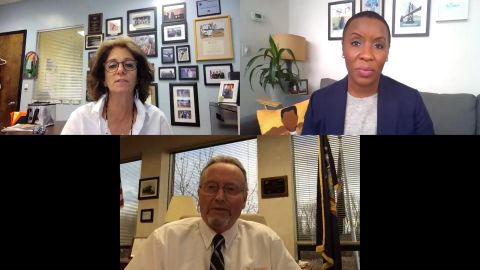
The coronavirus pandemic has put many families in financial peril. As a result, more and more people are struggling with food insecurity.
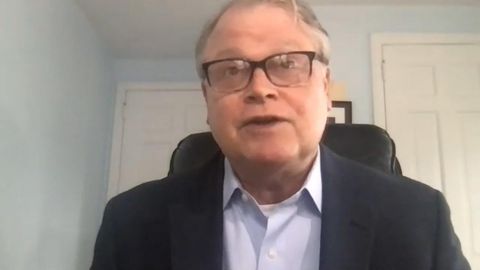
Greg David, Fiscal and Economics reporter at The City, discusses the dire financial future that awaits us in 2021.

During this election cycle, after a major push, voter registration in Philadelphia hit a 35-year high.

U.S. government help is waning, making these workplace programs vital.
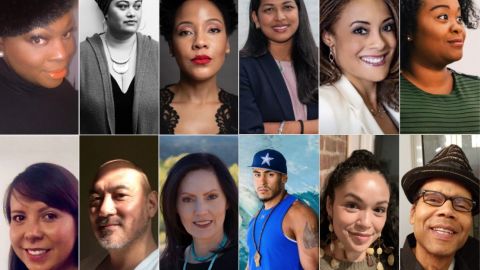
Meet the panelists from "Criminal Justice In America: A WNET Summit" -- a unique group of thought leaders from different communities across the U.S.

Gretchen Sorin and award-winning documentarian Ric Burns join us on this exploration of how the right to move freely and safely across America has been circumscribed by race.
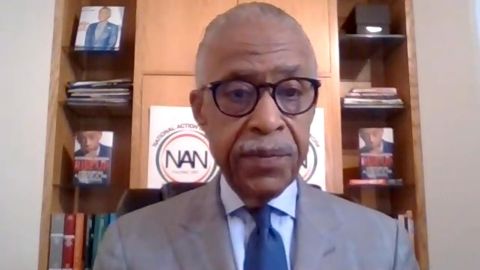
Reverend Al Sharpton joins us with a call to action against injustice in his new book, “Rise Up: Confronting a Country at the Crossroads.

Our partners at Amanpour & Company report on a new study that shows Black and Latinx Americans are twice as likely to test positive for COVID-19 as White people.

Peggy Shepard, WE ACT Co-Founder, speaks about the climate and racial justice movement in New York.
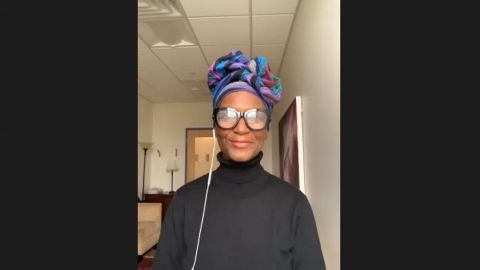
We Are Sacred creator Sandra A. Arnold discusses the importance of understanding this often untold history.
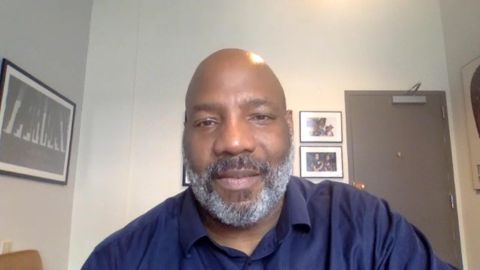
New Yorker writer/historian Jelani Cobb traveled to Newark, New Jersey for a close look at efforts to change its troubled police department in his new documentary